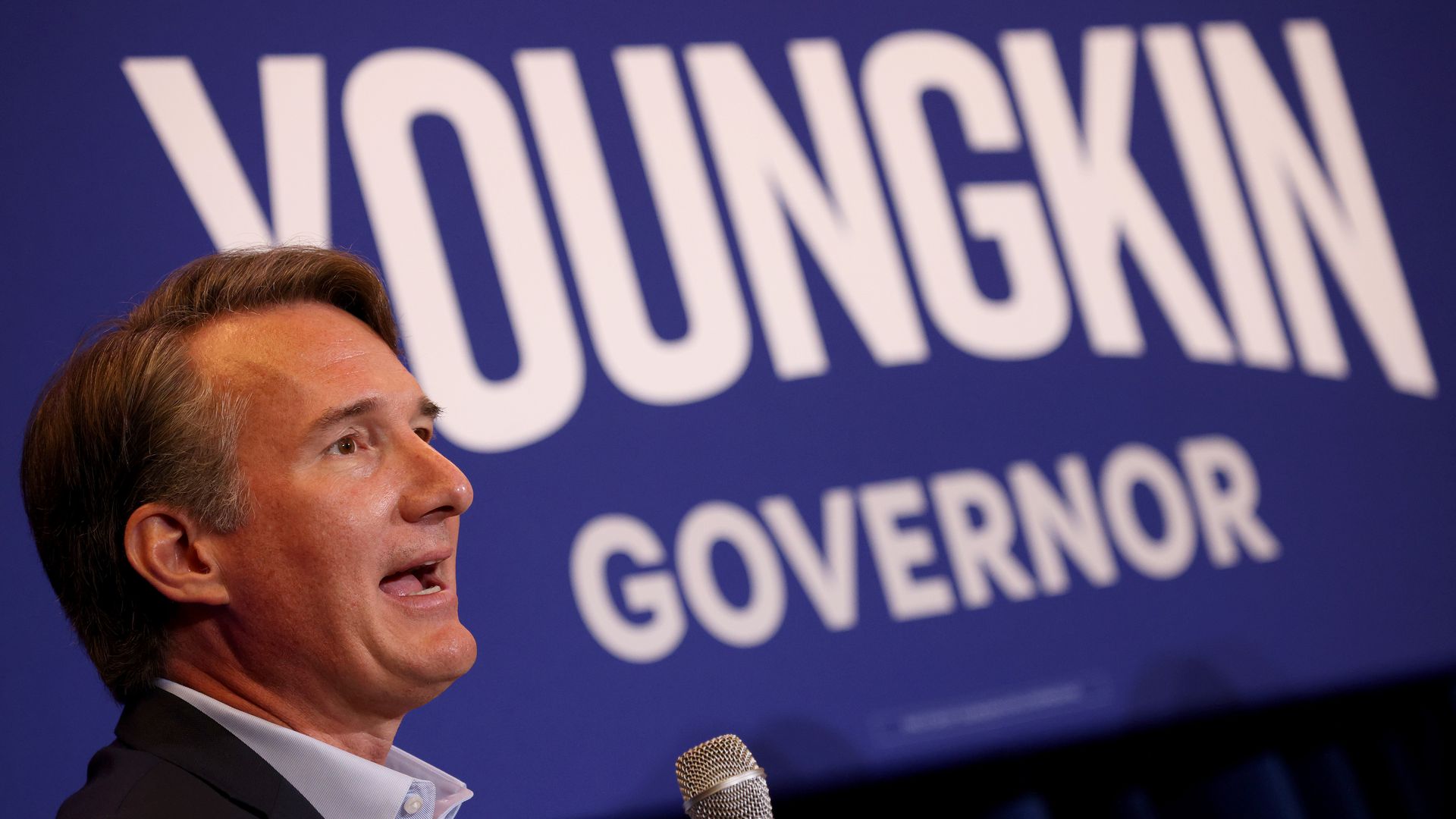
Dems slapped in the face a year before vital 2022 midterm elections
Election day 2021 was a good one for Republicans, and likely has their counterparts scrambling to figure out where they went wrong.
2021, while an off year in the grand scheme of elections, was still the earliest gauge for President Joe Biden and his administration to see how they’ve fared so far in the eyes of the American people.
If the Nov. 2, 2021 results were an indication of anything for the Biden administration, it’s that it needs to kick Congress into high gear if it wants to accomplish anything in the remaining year before the midterm elections in 2022.
After that, if what happened on Election Day in 2021 is an indication of how things will go in another year, those two years of inaction will quickly turn into four and be complete with a ticket out of the White House in 2024.
In short, outside of expected victories in urban Democratic bastions and a win by Shontel Brown in Ohio, Republicans almost ran the table in 2021.
The biggest flip came in the off-year gubernatorial race in Virginia, where Republican challenger and businessman Glenn Youngkin beat moderate Democrat Terry McAuliffe.
The winner’s journey to politics started after a lengthy career in finance. He stepped down from his co-CEO position at The Carlyle Group in 2020 to focus on work with a nonprofit he founded with his wife. In January 2021, Youngkin launched his gubernatorial campaign largely on the back of his own wealth.
Youngkin ran a campaign that both energized the Trump wing of the Republican Party over issues like critical race theory, but also harkened back to pre-Trump party ideals that focused on low taxes, government efficiency and education.
He struck the perfect balance and not only received greater-than-expected turnout from rural areas, but also cut into McAuliffe’s comfortable wins in certain urban and suburban areas. In other suburban areas, Youngkin reclaimed them outright for the Republican Party.
In addition to the governorship, the GOP is also on track to regain the majority in the state’s House of Delegates after losing it two years ago. Democrats still hold a slim majority in the state’s Senate.
For McAuliffe, it brings an end to a campaign that unsuccessfully tried to paint his opponent as Trump and one that tried to bring him back to Richmond, where he served as governor between 2014 and 2018. In Virginia, governors are barred from serving consecutive terms. During the 2013 election, McAuliffe became the first Virginia governor elected to office from the president’s party (then Barack Obama) in 40 years.
But while many initially called Virginia a toss-up between McAuliffe and Youngkin, no one expected incumbent New Jersey Governor Phil Murphy to be given as big a challenge as he’s faced against Republican challenger Jack Ciattarelli.
For most of Election Night 2021, Ciattarelli held a slim lead over Murphy thanks to the tanking of the incumbent’s support among blue-collar parts of South Jersey.
Murphy regained an equally slim lead on the morning of Wednesday, Nov. 3 that some predict him to hold thanks to where the remaining uncounted vote is coming from.
RELATED CONTENT
Both Murphy and Ciattarelli appeared before campaign parties around 12:30 a.m. to warn of the long race still ahead. Murphy seemed nervous in his assessment, despite holding onto the belief that he would be the eventual victory “when every vote is counted.”
Ciattarelli’s message was one that will likely ring more true on the national scale given how pre-election polls counted him out.
“We have sent a message to the entire country,” he said.
Despite the many losses across the board, the Biden administration has tried to maintain a calm, determined messaging in the aftermath of Election Day 2021.
They’ve been dealt a blow, but remain focused on passing the still-outstanding infrastructure and reconciliation bills that are supposed to be boons to the American people given their investments in social programs and more.
Those programs have been whittled away by the ongoing discussions with the more centrist wing of the Democratic Party, but still represent accomplishments to shoot for, and some to point to if passed by the midterm elections next year.
The problem that remains is time, or lack thereof.
Frustrations will continue to rise the longer the American people have to wait for the great programs that to this point, have only been talking points.
Action is what’s necessary.











LEAVE A COMMENT: